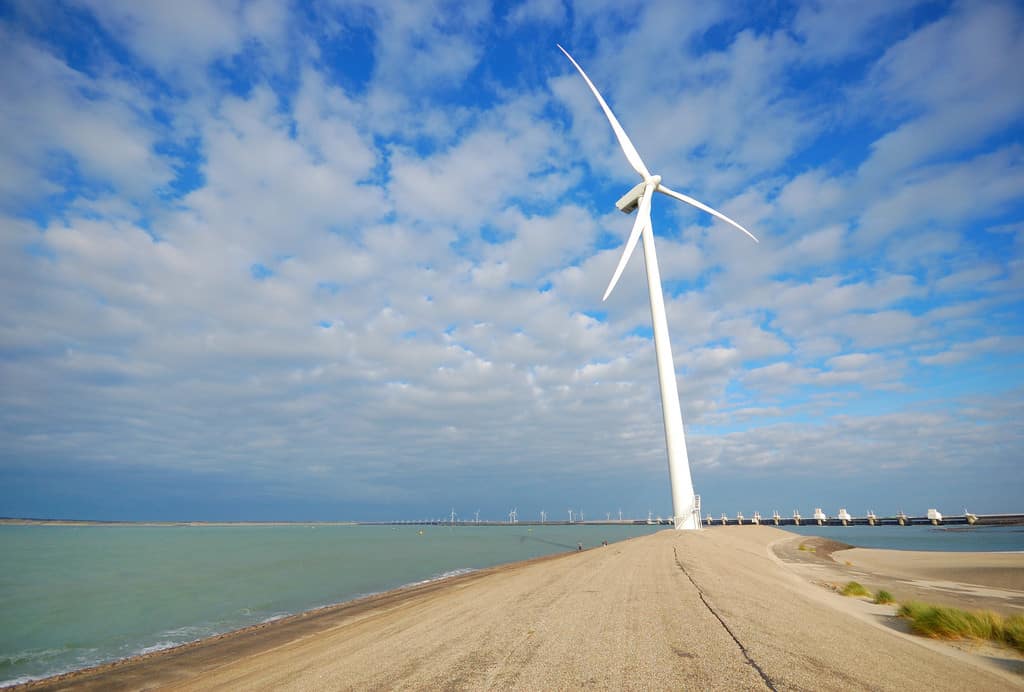The Sustainable Energy Authority of Ireland (SEAI) CEO made the announcement at the launch of the organisation’s report, “Energy in Ireland 1990-2016”.
The report presents the latest data on energy usage and efficiency currently in Ireland.
Energy use (3.7%) is growing at a slower rate compared to the economy (5.1%), yet Ireland is not decoupling economic growth from energy use quickly enough.
The CEO of SEAI, Jim Gannon, said of Ireland’s current scenario: “Each of us, in our homes and businesses, has a personal responsibility to find ways to be more energy efficient. No one organisation or policy can address the problem of climate change in isolation – it needs urgent action across our society.”
He also went on to say that, “While our cars and homes are becoming more efficient, and we are investing record amounts in efficiency policies, these actions on their own may not get us to where we need to be. There is something you can do today that will make a real difference – whether it’s turning down the thermostat, switching off a light, looking at energy ratings of appliances when you buy, or choosing an electric car. Supports are available to help with this and all of us, as homeowners, businesses and motorists need to make better choices and in much greater numbers.”
The SEAI report also highlighted Ireland’s reduction of energy import dependency to 69% last year, down from 88% in 2015. This helped lower the import bill from €4.6 billion to €3.4 billion. But Gannon remains cautious:
“The significant reduction in our import dependence gives us a more dependable energy supply in the short term. However, this was heavily reliant on Corrib gas, a finite fossil fuel. This may give us a window of opportunity but it is not a long-term solution. Encouragingly, one fifth of indigenous energy was from renewables in 2016. This represents positive growth but there is room for much more activity, and across a broader range of technologies. Generating our own renewable electricity is critical to achieving our overall energy and climate ambitions.”
For the first time in 16 years Ireland became a net electricity exporter for the first time, due primarily to high-carbon floor price in the UK. Gannon went on to say:
“This demonstrates the complex nature of being part of an interconnected electricity system. In years to come, with greater and more diversified capacity and more typical levels of wind and hydro, interconnection will play an even more important role, so it is an important milestone for us.”

